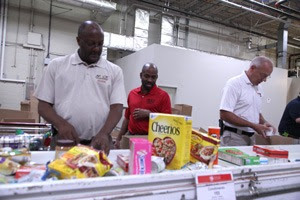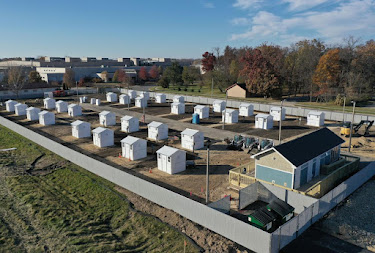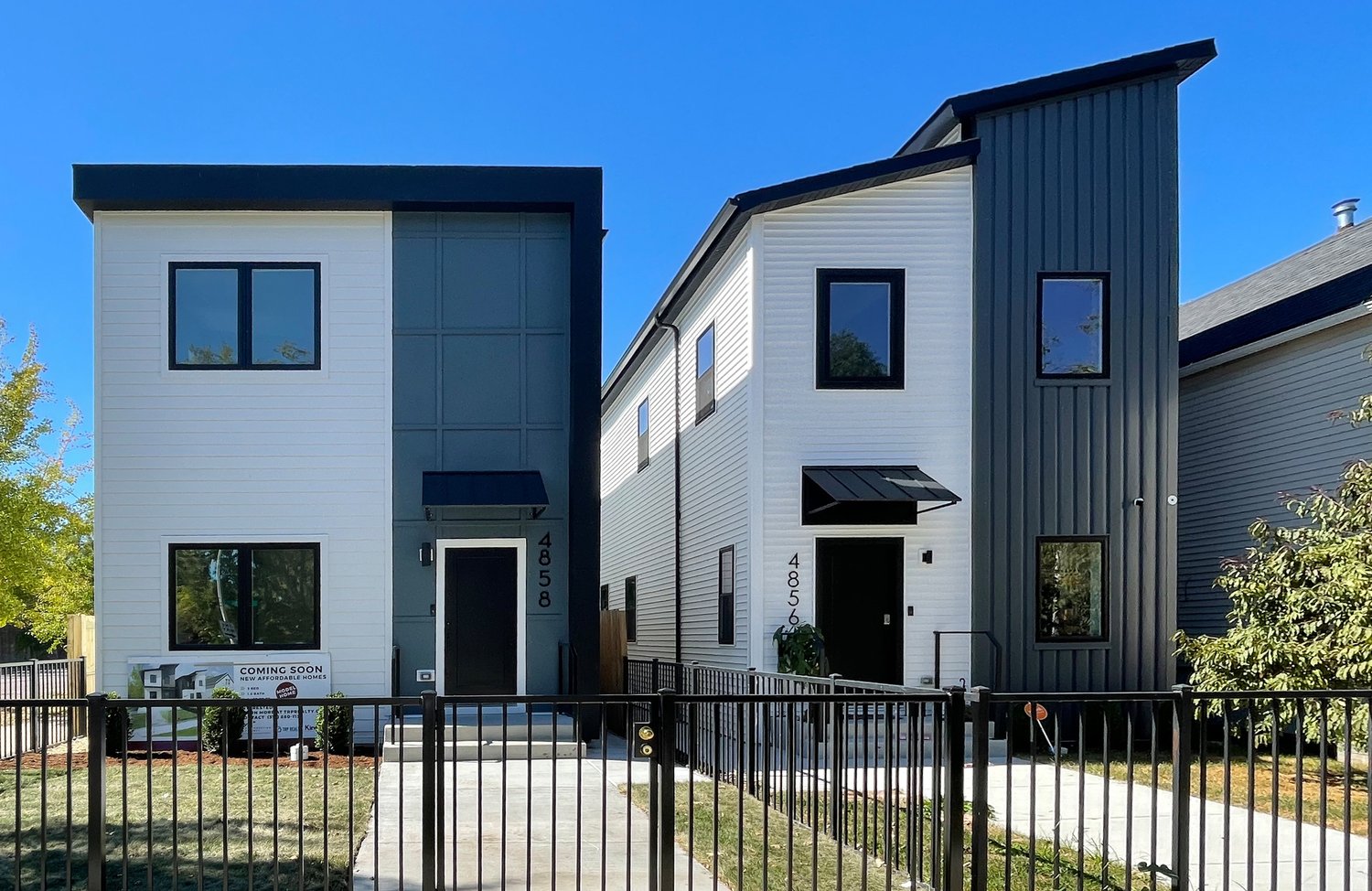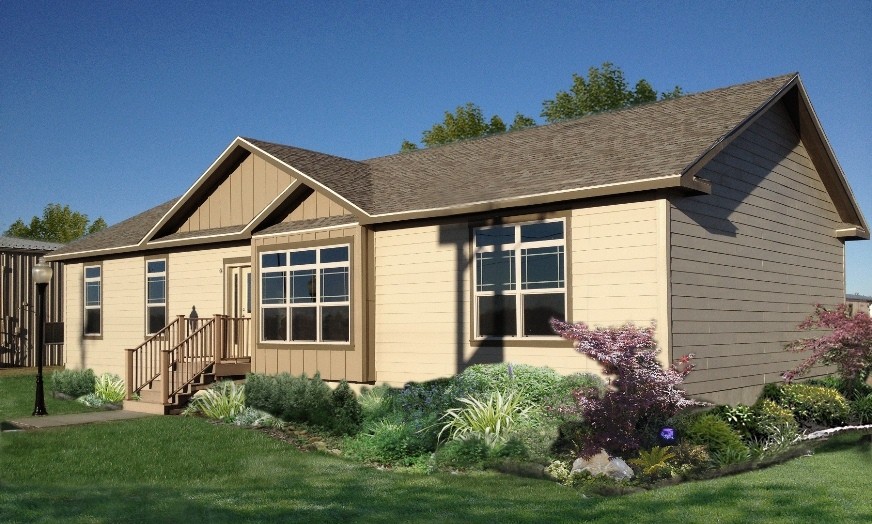On Wednesday of this week, I realized for the first time how State, Federal, and even Local Authorities and Agencies that are supporting programs for the poor and homeless are some of the biggest culprits preventing people from rising out of their situations.
My wife and I have volunteered at a local Food Bank for over 7 years. People that needed help getting enough food came into our food bank, where I, as the intake person being the first person they talk with, help them fill in their names and address and ask how many people are in their families.
The people that come in a range from Seniors living on a fixed income, those that were recently released from prisons, people that recently became homeless, and just about every type of situation you can imagine. Because they feel no one actually listens to them, I hear all their stories, and let me say that there are days I go home emotionally exhausted.
I’ve had a retired couple that lost their home to foreclosure that was living in their son’s garage that was told they had to move into a tent in the backyard because their son bought a new truck and was going to need the garage for it. Then there was the 83-year-old man living in poverty that just had an operation, and when he went back to his one-room apartment, found he had been robbed of everything he owned. Every day brings a new story.

But let’s get back to the meeting this week. Because our food bank accepts Federal and State provisions, the chair of our food bank announced that if someone needs food, they have to fill out a form provided by the Federal government, explain to me what type of assistance they are getting, show a picture ID and have an approval letter from a local community action center.
I looked around at the group and realized that everyone in the room was older and probably middle class. When I asked how someone that doesn’t drive can get the letter before we give them food, several said, “that’s their problem.” My heart sank when I thought about how I was going to break it to someone that needs food for their family that very day and must travel many miles to get a letter that requires them to have a permanent address when they are homeless and can’t drive.
I am seeing the same thing with housing for the homeless and the poor.
We all know that “Climate Change,” sustainability, carbon, and energy Net Zero codes and regulations are the talking points every building association, University professor, Government agency, and city planner are requiring for future buildings. I just watched a YouTube video where the message was about building high-rise apartments for people with jobs within 15 minutes of home, using public transport, and having time and money to spend on pleasurable activities.

My question is, where do the homeless go for housing? The answer appears to be to put them into converted garden sheds or plastic boxes away from others. Maybe train them for jobs that they can’t get to in 15 minutes because they can’t drive or have access to public transport.
And what happens when people living in poverty are put into those shiny new high rises next door to a working couple with 3 children in daycare, a car for their weekend getaways, and good jobs? Just take a minute to mull that over.
Do the homeless and poor really care about carbon emissions, sustainable building materials, Net Zero energy, or being close to public transportation? I can tell you from personal experience of working with them that is the furthest thing from their mind. They simply need shelter, food, and either government assistance or a good job.
Our industry has to stop being like the older middle-class group at my food bank meeting, saying, “that’s their problem.” We have to address the needs of the homeless and poor with the same vigor we’re fighting for Net Zero, Climate Change, and Green.
With all our innovations in construction, why are we still housing people in plastic boxes and garden sheds and restricting who gets food?



